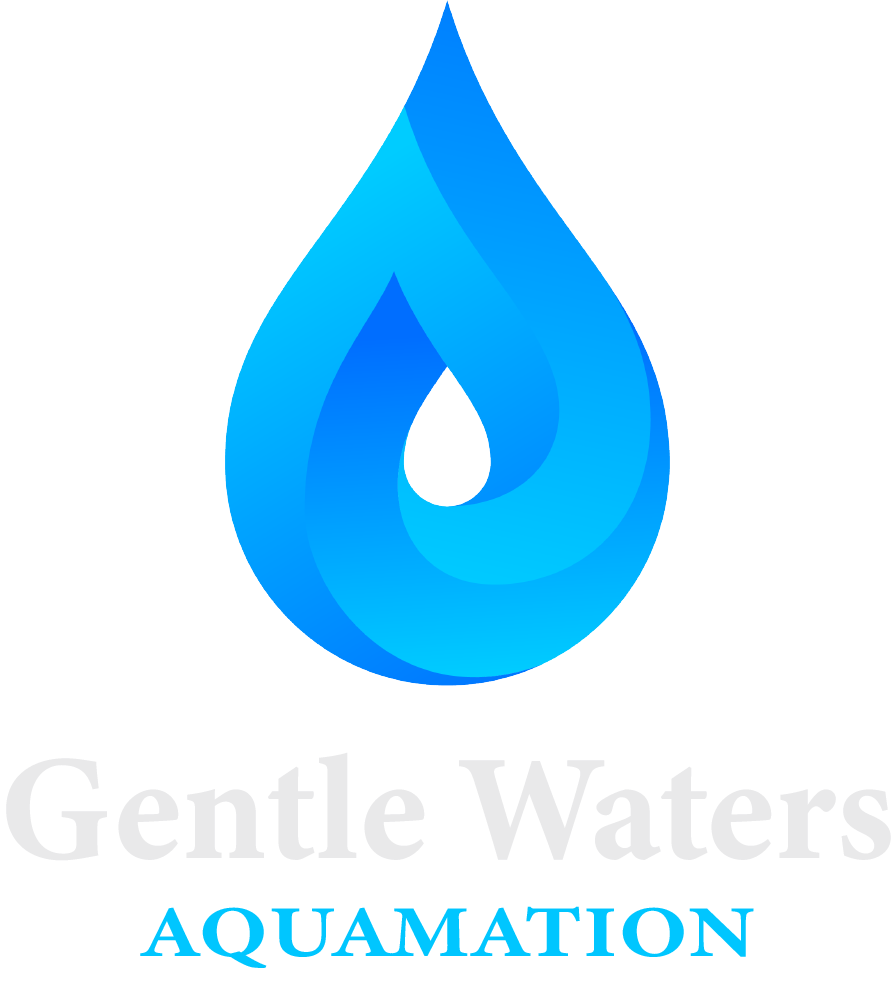Here, we answer several questions you may have when choosing the Gentle Waters Aquamation process for the final care of your pet.
What is Aquamation?
Aquamation, formally known as Alkaline Hydrolysis, uses a combination of water flow, temperature, and alkalinity to accelerate nature’s process. For 20 hours, a combination of 95% water and 5% alkali gently flows over the body, leaving only mineral bone ‘ash’. This ash becomes the take home remains. Aquamation is a well-established technology that was patented in 1888. Aquamation is being used in the United States and all over the world as an environmentally conscious method for pet disposition. It is also the primary process chosen by prominent research facilities such as the MAYO Clinic, UCLA Medical School, and UTSW Medical School.
Why is Aquamation right for my pet?
Our process allows you to honor your pet by making the most environmentally responsible and humane choice for their aftercare needs. Aquamation uses 90% less natural gas, conserves 66% more energy, and leaves 1/10th the carbon footprint than that of flame-based cremation. After the process, the remains are completely non-toxic as the chemical has been completely neutralized, cleansing the tissue of RNA and DNA along with any pathogens or chemicals in the body. The remaining nutrient-rich water is recycled back into the Earth as fertilizer for local farmers.
How long has the process been around?
The modern technology has been in use by universities and scientific industries for over 25 years. It has been used for the final disposition of human bodies donated to medical science since 1995. The first pet facility was opened in 2007, and the first funeral home to use the technology was in 2011. However, it was originally patented in 1888. Aquamation, then grew in popularity when it was discovered to be the best way to neutralize the dangerous mad cow disease pathogen.
How long does the process take?
Aquamation takes 18-20 hours depending on the size and type of pet. After the process is complete, there is a drying period. You can expect your pet’s remains to be returned to you within 3 – 5 days.
Does aquamation involve the use of acid?
Alkaline hydrolysis is natural. It is exactly what happens to our food in our small intestine. Microbes use it in natural decomposition. The alkali’s are derived by electrolysis of sodium chloride (salt) and potassium chloride (potassium Salt) the same things you use in your water softener. Most chocolate comes from cocoa extraction by alkali and all soap is made with one of the alkali’s. Alkali is the opposite of acid.
How can I be sure I am getting my pets remains returned?
We utilize a strict tracking system. Each pet receiving Aquamation receives an numbered stainless steel tag at the time of pick up at your home, or at your veterinarian’s office. The stainless steel tag stays with your pet at all times throughout our care. The tag and a certificate of Aquamation with the same tag id will be returned.
What if my Veterinarian does not offer Aquamation?
You make the choice of who handles your pet’s final journey. Contact us and we will work with your veterinarian to take care of your pet’s arrangements.
Why consider Aquamation for my pet?
Of all the methods of pet disposition, traditional cremation is the least eco-friendly. Traditional cremation uses a large amount of gas to heat the fire to 1400+ degrees, equivalent to a 500-mile car trip. Additionally, a large amount of toxic emissions and harmful greenhouse gasses are released into the air from the process. Aquamation uses 90% less energy than traditional cremation. Aquamation is gentle, eco-friendly, and has zero emissions. You also get more of your pet’s remains returned to you.
Why is Gentle Waters Aquamation the right choice for me?
We pride ourselves on being 100% transparent and providing compassionate care for your pet throughout the entire process.
